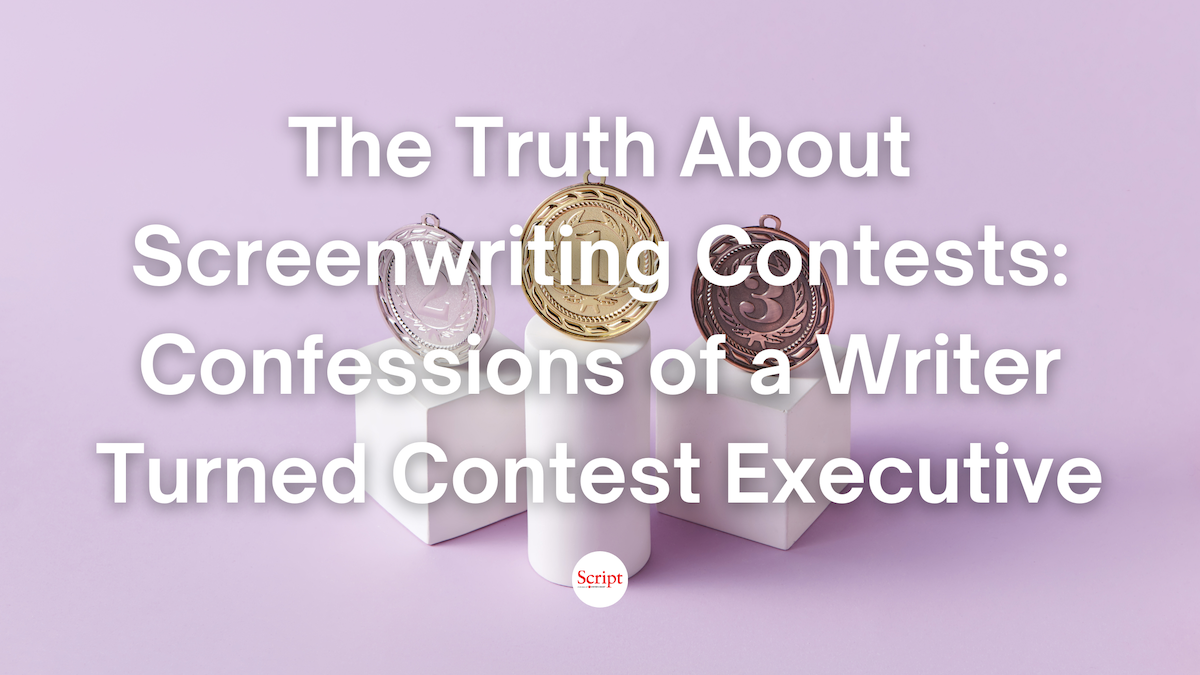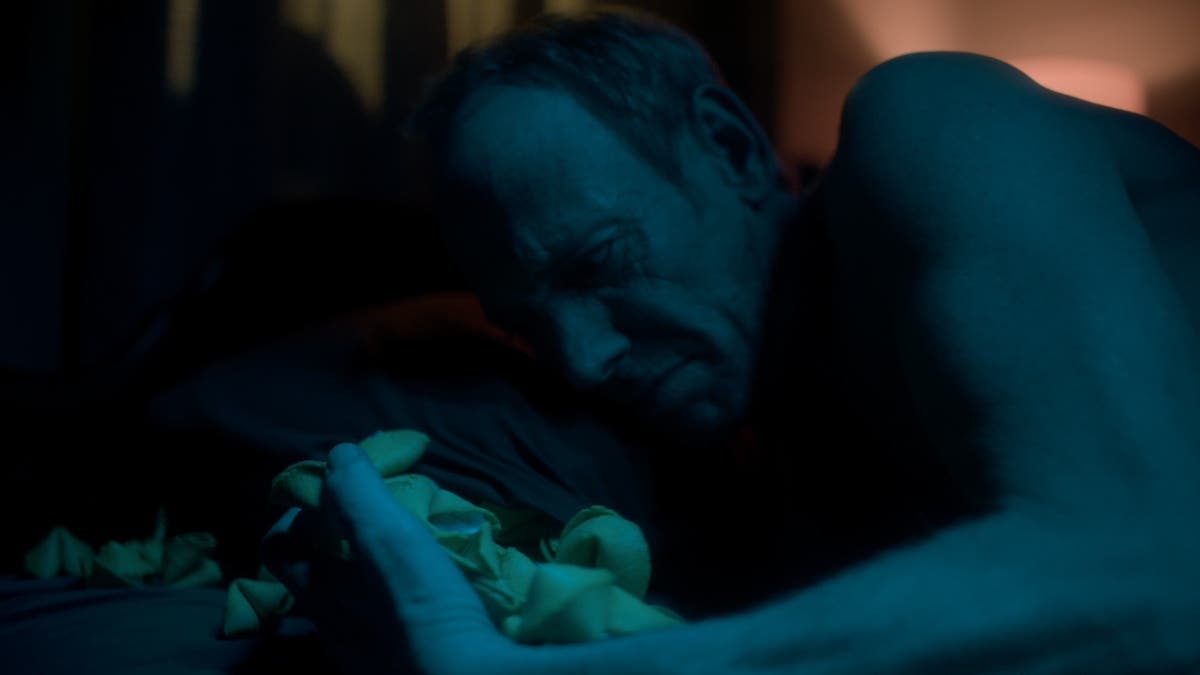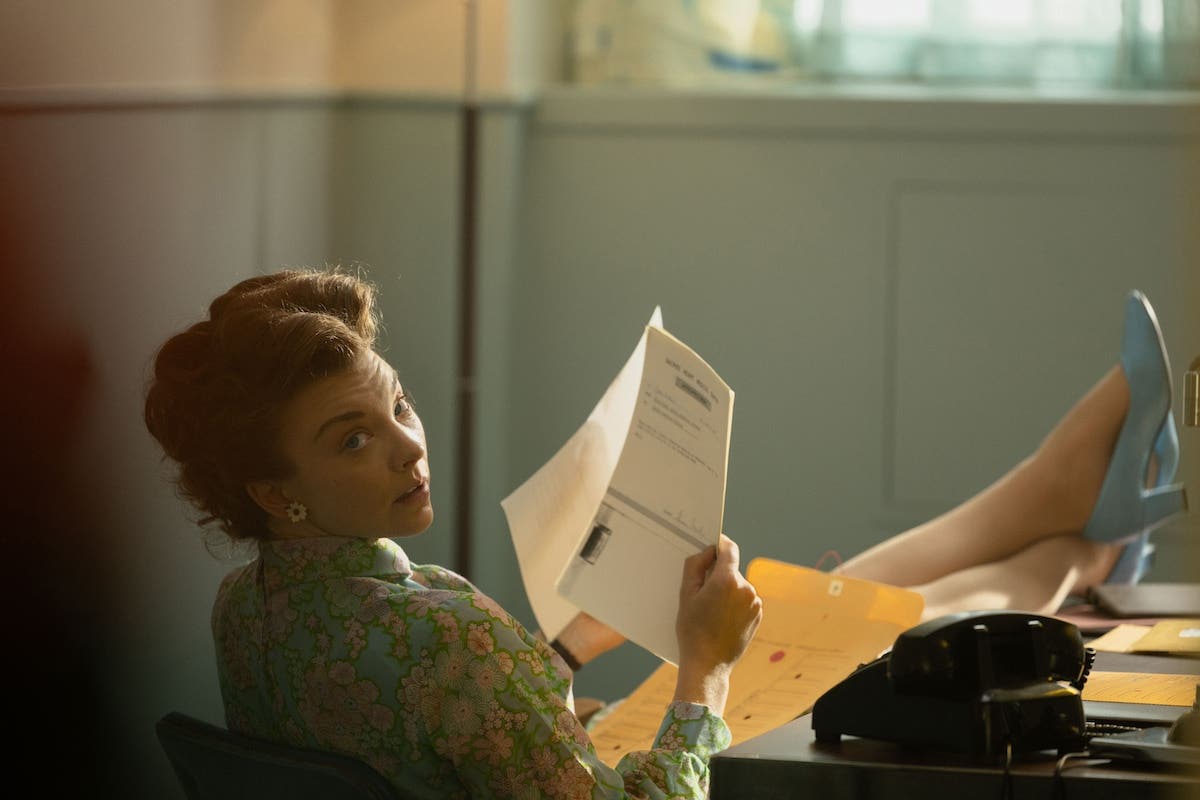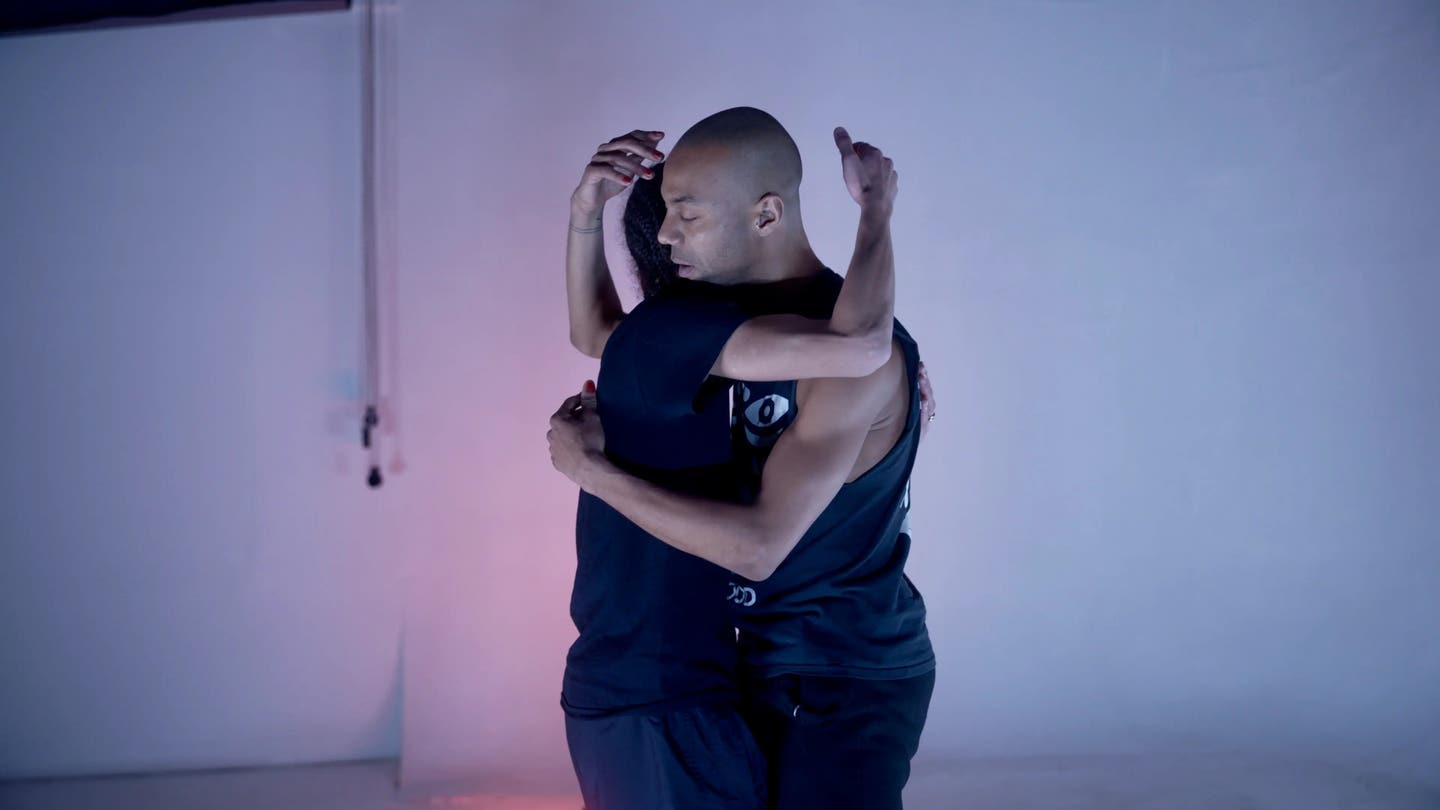Indievelopment: Film Budgets – Limitations and Creativity
Jeff Richards examines the differences in Hollywood’s film budgets compared to indie films and why big budget doesn’t necessarily mean box-office success.
You've probably heard it a thousand times, in various articles, from indie filmmakers, in reviews. "Indie is great because the limitations drive creativity." And the director, who has three extras to film a crowd scene, hears that, screams and leaps off a pier. But the saying is true; however, don't take my word for it. I'll show you why it's true and then how limitations can help your own writing.
The Cornucopia of Crap
Steven Spielberg. Not exactly indie, but you've heard of him. It is generally agreed that whether he meant to or not, he essentially invented the summer blockbuster with Jaws. (You could also argue he laid the ground for Sharknado but we really can't put too much blame on him for that.) He has created some of the best-loved blockbuster franchises in movie history alongside some of the most critically-acclaimed films and astoundingly enough, these are sometimes the same movie. Few would argue he's a master at his craft and as you'd expect someone with his intelligence and experience, he has an opinion on the state of the mega-picture. And when Henry Ford had an opinion on the state of the auto industry, I expect people listened, so let's listen to Mr. Spielberg.
"That's the big danger, and there's eventually going to be an implosion — or a big meltdown. There's going to be an implosion where three or four or maybe even a half-dozen megabudget movies are going to go crashing into the ground, and that's going to change the paradigm."
He said that on June 12th, 2013. So here's a quick recap of some $100M+ films this summer, with their film budgets and opening weekends in terms of domestic box office.
After Earth$130M budget, $27.5M opening weekend (May 31)
White House Down $150M budget, $25M opening weekend (June 28)
The Lone Ranger $215M budget, $29.2M opening weekend (July 3)
Pacific Rim$190M budget, $37.2M opening weekend (July 12)
R.I.P.D. $130M budget, $12.6M opening weekend (July 19)
Turbo$135M budget, $21.3M opening weekend (July 19)
Now, opening weekends don't tell the whole story. Domestic box office doesn't either (Pacific Rim is a great example; it's at $184M internationally as I write this and it hasn't even opened in China or Japan yet, which are big potential markets) Heck, even theatrical doesn't tell the whole story. Some of these films will make their budgets back; they won't be the nine figure red stain on the balance sheet they appear to be right now.
Just don't even try to tell me any exec is happy with those numbers, because they aren't. And there's Mr. Spielberg, saying that one day as many as half a dozen megamovies will crash to the ground, and just over a month later, he's right. It's the end of July and no live-action films have had a $40M+ opening weekend. That hasn't happened since 1999 (when $40M+ was a much bigger deal). Hear that sound? That's executive jaws slamming into the floor. Amid some tears.
I'm not here to rip any of these movies apart. I only saw one of them (Pacific Rim, and I love that movie the way I love a big dumb dog. It's just a ton of fun). I'm just saying, as I point out the sky is blue, that there's a problem here. What's this got to do with indie? I'm getting there, so stick around. Journey back with me to the 1970s. Star Wars IV: A New Hope. Lucas had to fight tooth and nail for that film. He battled every step of the way. Don't believe me? He checked himself into a hospital afterwards for hypertension and didn't direct another film until Star Wars I: The Phantom Menace (which I shall speak of anon) $11M budget. Everything had to count. And one of the great sci-fi franchises was born. (I'm more a Doctor Who and Star Trek man myself, but even I can't deny Star Wars as a powerhouse.)
Fast-forward to 1997. A New Hope's $11M budget with inflation would be worth about $29M in 1997. And... George Lucas is releasing The Phantom Menace. The budget is four times that $29M figure, though. George is the king of a massive empire, an empire that will eventually get sold to Disney for $4 billion. Billion. With a "buh." He doesn't have to struggle. He doesn't have to argue with the studio. He can do whatever he wants, because he can personally sign the cheque.
And the movie is terrible. (True, it does well at the box office, but this was before Twitter and Facebook could kill a film dead by Thursday night.) The Phantom Menace and its fellow prequels are so terrible that many fans cheered when Lucasfilm was sold to Disney, so that Lucas won't create Star Wars VII through IX. When he had to fight? He made a movie that launched an empire. When he had it easy, all the money in the world? Three prequels that are almost universally reviled. And even those who enjoy them, I challenge you to find me one person who says they are superior to the first three. A tale of greatness and, well, let's be charitable and say not-so-greatness. Same man, same franchise.
So what does that mean for indie? Well, you've heard that trope about how less attractive people have to be smarter, funnier, have better personalities to compete? That trope is true when it comes to indie. We don't have hundreds of millions, so when we choose to spend money, it's got to be worth it. We've got to be the thoughtful, funny, smart, genuine one to compete against the (too-often-brainless) magazine model with perfect teeth that is Hollywood. Whatever we do, it has to make our film better, because that's the arena we're competing on. There's no point in trying to make our film flashier, because Hollywood will kick our ass all around the cinema in that department, and then dunk us in the butter bucket afterwards.
In their attempt to out-spend & out-spectacle each other, the studios are cranking out films where story doesn't count. VFX is expensive, after all; a VFX-heavy film is spending many tens of millions of dollars in that department, even cutting costs every way they can. However, every year the cataclysms get bigger and therefore more expensive. And every year, relatively speaking, the price of great writing stays just about the same. And that's where indie takes over.
I mean, sure, I've seen good movies recently that cost $150M+ to make. The Avengers. Iron Man 3. Pacific Rim. But were any of them GREAT? Sure, aliens and superheroes knocking down buildings can be fun in a fantasy context, but... I can count the great big budget movies of the past 15 years on the fingers of one hand. The Matrix. Lord of the Rings (and probably The Hobbit, but that one's not done yet).
Any others? They don't leap to mind. But think of these. Moon. Primer. Brick. Garden State. Bronson. Saw. Blair Witch Project. Napoleon Dynamite. Once. Monsters. Memento. Donnie Darko. Pi. Whether you like them or not, enjoy the genre or not, these films had to be smart, had to make great choices, had to have laser-beam focus on their goals. And they found audiences, in some cases, massive audiences; you will find lots of people willing to argue to the death about the greatness of them. Not sure anyone is going to do that for The Lone Ranger.
Indie can't option big properties. Indie doesn't have films with enough awareness to warrant a reboot, and sequels are highly optimistic. And most of the VFX in indie films is done by a director with After Effects on one screen and a tutorial on the other. So they have to work harder, choose smarter.
So you don't have $150M to play with.
You're lucky.
Related Articles:
- More Indievelopment articles by Jeff Richards
- Screenwriting Product Review: Chimpanzee Software Review
- Sci Fi Circuit: Exploring Sci Fi With Writer Scott Myers
Tools to Help:







